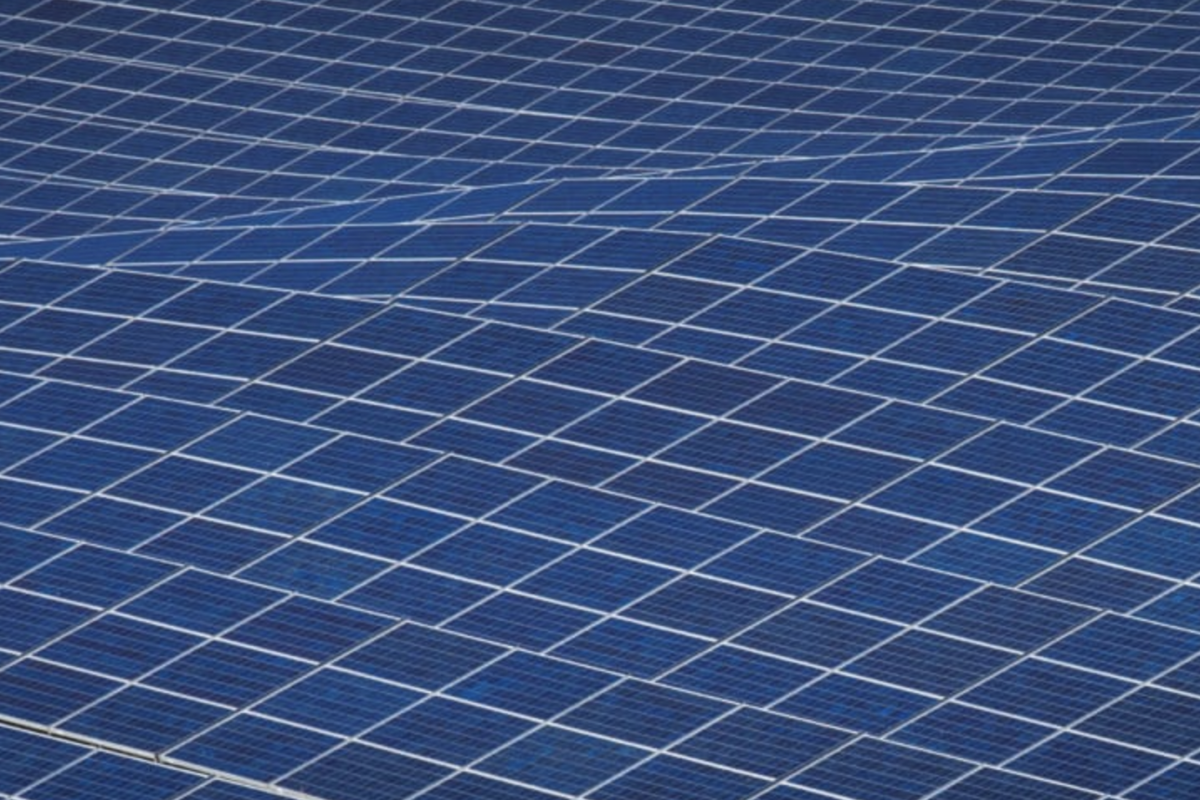“The Lithium Energy and Power GmbH & Co KG (LEAP) joint venture’s research and development work has been concluded,” the German company said in a press release on Wednesday.
The joint venture, which was founded in 2013 with Japan’s GS Yuasa International Ltd and Mitsubishi Corporation, was aimed at developing new solutions for lithium-ion battery technology.
The joint venture will now be dissolved, Bosch said, and all plans to set up a battery cell production will be scrapped. The three companies forming the joint venture, however, will use the knowledge acquired on the lithium-ion battery technology for future activities.
In a separate press release, Bosch announced that its R&D unit, Seeo, specializing in research activities on solid-state cell technology will also be divested.
“For Bosch, it’s important to have a technical understanding of cells. We don’t have to make them ourselves,” said company board member, Rolf Bulander.
The extensive know-how in the field of battery cells, which has been built up in recent years, will be further developed by Bosch in what it calls a center of competence. Employees affected by the measure would in the future develop battery-management systems and 48-volt battery systems, and draw up the specifications for cells.
According to Bosch's calculations, the initial investment alone in market-relevant cell manufacturing operation would amount to around €20 billion. “This sum would allow the company to set up manufacturing capacity of approximately 200 gigawatt-hours, equivalent to a 20 percent market share, and thus a leading position in the market,” the company stressed.
Bosch, however, said that it is unclear if this risky investment would pay off for the company and, as a consequence, it has decided not to make it.
Despite the scrapped plans to set up its own in-house manufacturing of cells, the group believes it can gain leadership in the emerging mass electric mobility market starting in 2020. “We want to be the go-to partner for electric driving. We are already a leader in the powertrain field – and we will be in the future as well,” Bulander asserted.
This content is protected by copyright and may not be reused. If you want to cooperate with us and would like to reuse some of our content, please contact: editors@pv-magazine.com.




1 comment
By submitting this form you agree to pv magazine using your data for the purposes of publishing your comment.
Your personal data will only be disclosed or otherwise transmitted to third parties for the purposes of spam filtering or if this is necessary for technical maintenance of the website. Any other transfer to third parties will not take place unless this is justified on the basis of applicable data protection regulations or if pv magazine is legally obliged to do so.
You may revoke this consent at any time with effect for the future, in which case your personal data will be deleted immediately. Otherwise, your data will be deleted if pv magazine has processed your request or the purpose of data storage is fulfilled.
Further information on data privacy can be found in our Data Protection Policy.